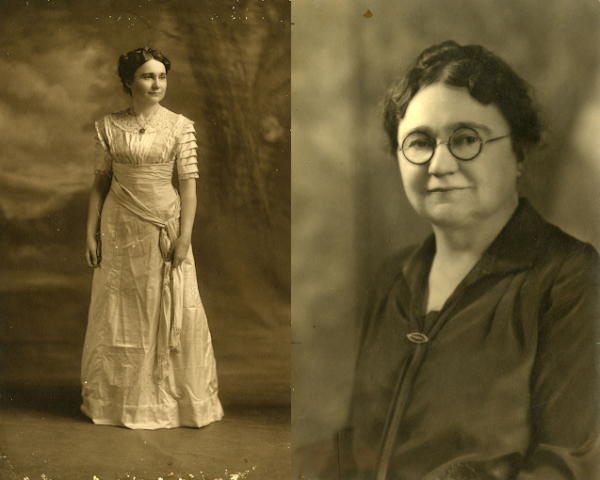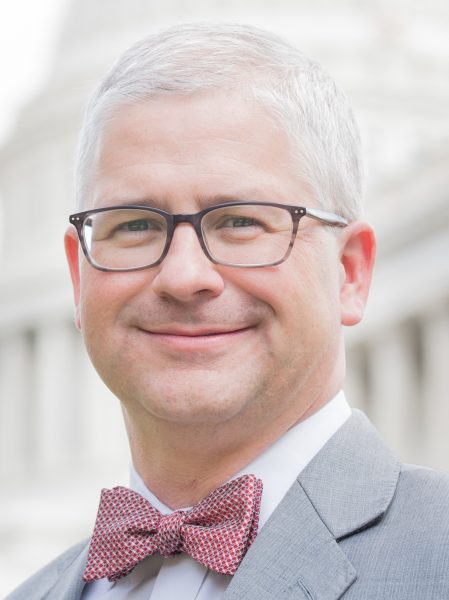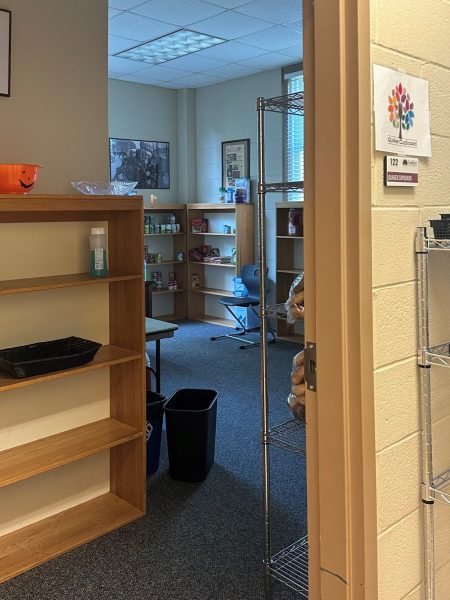How to fix a ‘beauty’ pageant
ECG students hope annual Mr. ECG pageant can move beyond its troubling history this year
Student organizers have worked to make ECG’s annual Mr. ECG pageant, on Feb. 17 this year, an event with a more inclusive perspective.
Every year, seniors at the Early College at Guilford (ECG) compete for the title of Mr. ECG in a pageant and talent show. Many students avoid the event, and few teachers attend, because they view the pageant as an event built around boosting boys’ social status for their caricaturing of women.
“These popularity contests have always made me feel uneasy,” gym teacher Zane Chamra said.
Many students and staff agree, expressing mixed feelings about the event. The pageant was started with earnest intentions by former ECG teacher Kathy Cooper, but it was overtaken by ECG boys who would ironically dress in drag and mock feminists or female students in swimsuit, dress and dance competitions.
“I do think the event started with worse intentions,” said sophomore Student Council member and social chair, Nishitha Daniel. “It was poorly organized and planned (in previous years), but it will overall be more put together and more enjoyable this year.”
Senior and student council president Nick Pungwa has made improving the event and focusing on inclusion and advocacy a priority, saying: “We’re making Mr. ECG not necessarily a new event, but an event with a different perspective than what we had in different years.”
ECG’s student council has attempted to improve the politics of the event and mitigate its sometimes-harmful impact before, trying to change the name of the pageant and make it gender neutral, but Pungwa believes that those attempts have not gone far enough to remove the event from its troubling legacy. Through opening up dialogue that can emerge from the Mr. ECG event, the student council hopes to adapt it to the needs of a diverse, progressive student body.
“It’s going to be a lot more welcoming and a safe environment to have a true discussion about toxic masculinity, and also for discussion about how nonconforming genders are something that we accept and encourage,” Pungwa said.
Part of the push towards inclusivity in Mr. ECG is accepting transgender contestants. Senior Alex Chang (he/they), who identifies as transmasculine, nonbinary and queer, will become one of the first trans men to compete in the pageant’s history. Chang said both the administration and students had largely positive reactions to their participation in the event: “When I mentioned I was thinking about doing it, a lot of the guys were like, ‘Yeah, you should totally do it.’”
Similar to the Mr. ECG pageant, ECG itself has taken steps toward trans inclusivity but barriers still exist. ECG’s facilities have only men’s and women’s restrooms, and some teachers struggle with terminology and trans students’ identities.
According to Chang, there has been an overall shift toward acceptance, but strongly gendered events and traditional gender roles remain intertwined with ECG’s social fabric. Chang suggested basic inclusivity training for students and teachers, which would help them navigate their own identities and inclusion of others. He also recommended a critical look at some of ECG’s more typically gendered events, such as the Sally Hawkins-style spring dance and Mr. ECG, and a reexamination of the heterosexual norms behind these high school traditions
Pungwa echoed Chang’s concerns about the sometimes-harmful traditionally gendered events at ECG, saying, “The times are changing, and people are becoming more aware of the systemic issues within school systems.” He added that ECG’s administration has cooperated with Student Council and other Early College organizations to better understand issues students care about, and said administrators have listened to students’ concerns and have been open to change.
Proceeds from Mr. ECG will go to The Family Service of the Piedmont, which supports victims of domestic violence, dating violence and underserved mothers. Student Council has partnered with the organization before and Pungwa is excited to continue the collaboration. “We’ve seen the effects of (the Family Service of the Piedmont), and we want to keep contributing to it,” he said.
The hope of Chang, Pungwa, and other students is that through a combination of inclusion, open discussion, education about critical topics like toxic masculinity and domestic violence, and close work with school administration, Mr. ECG will become a model for change and progress.
“If we are going to be more accepting and we’re going to make a difference, we should have it where students feel like they can come and enjoy themselves while also knowing that they’re not mocking anything or anyone,” Pungwa said.











